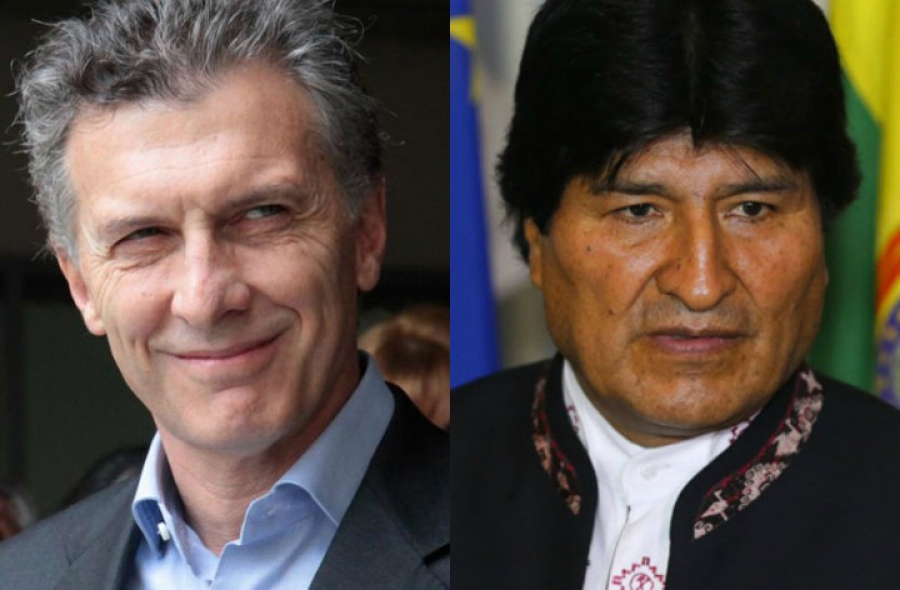Argentina and Bolivia to create working committee on Macri’s immigration reforms


Argentina and Bolivia will create a joint committee to deal with Mauricio Macri’s order to toughen immigration laws, as announced Wednesday by the delegation sent to Buenos Aires by Evo Morales after several Argentine politicians linked immigration and crime.
“In general terms, we can say that it has been an opportune and positive visit,” said the head of the Bolivian Senate and leader of the delegation, Jose Alberto Gonzales, at a press conference held after two days of meetings with Argentine political and immigration officials.
The main result of the meeting, Gonzales announced, was the fact that the two nations committed themselves verbally to creating a working committee to examine the concerns raised by the Argentine president’s immigration reform measures last week, the aim of which is to facilitate the procedures for expelling foreigners who commit crimes.
“It’s not that just a complaint or a judicial procedure will automatically lead to expulsion,” he said.
Gonzales also said that all the officials with whom his delegation met guaranteed them that the modifications “in no way have the objective of restricting the rights of migrants.”
The measures were approved days after Argentine Security Minister Patricia Bullrich, in remarks to a radio station, linked Peruvian, Paraguayan and Bolivian immigration with an increase in drug trafficking, a statement that was criticised by Morales’s government, which compared her words with the “xenophobic discourse” of US President Donald Trump.
“The statements of … Bullrich and other politicians were denigrating for us and have hurt national feelings,” the head of the committee said.
The Bolivian delegation was also comprised of Land and Rural Development Minister Cesar Cocarico and Deputy Foreign Trade Minister Clarems Endara.
The committee met on Tuesday with Bullrich and the latter denied that her words were intended in the way the media reported them or that the Argentine government was stigmatising Bolivians.
Nevertheless, Gonzales lamented the fact that Bullrich declined to appear with the Bolivian delegation before the press to make joint comments.
The Bolivian official emphasised that, according to his figures, the number of Bolivians jailed in Argentina for committing crimes is “insignificant.”





